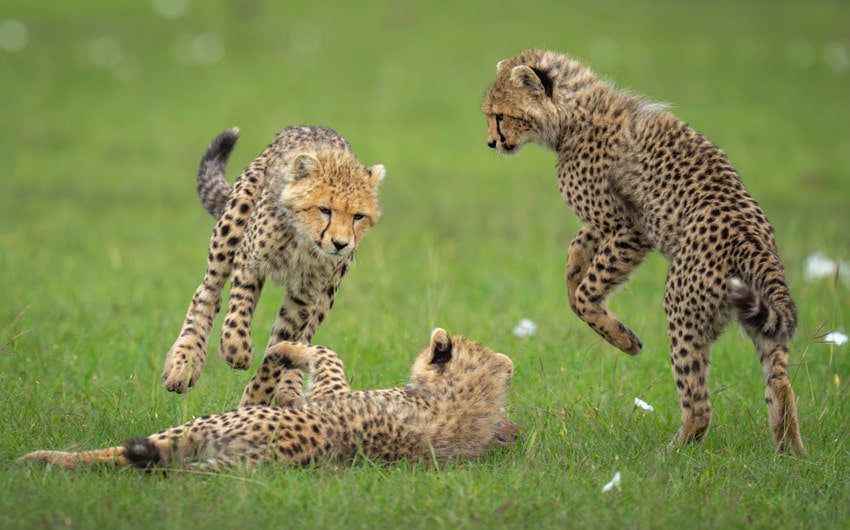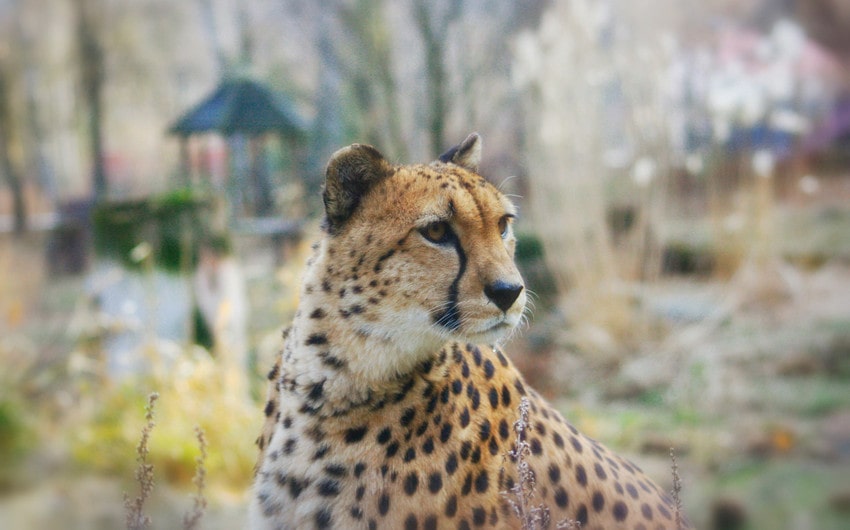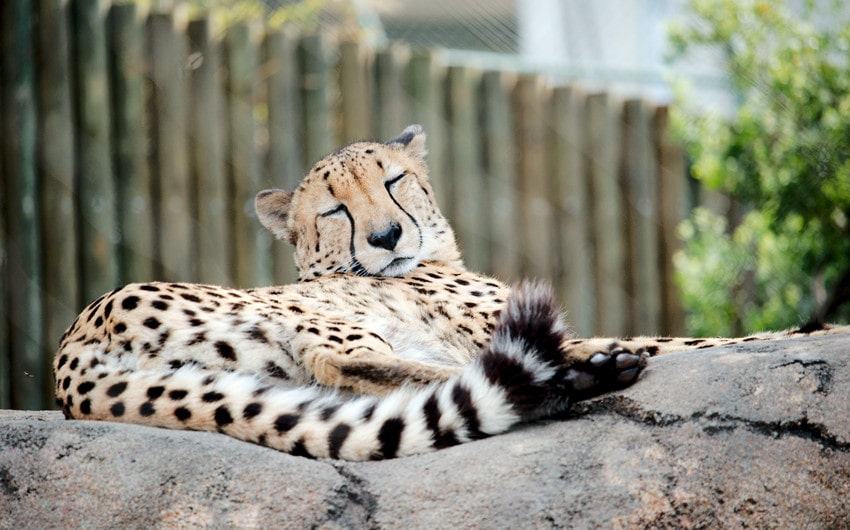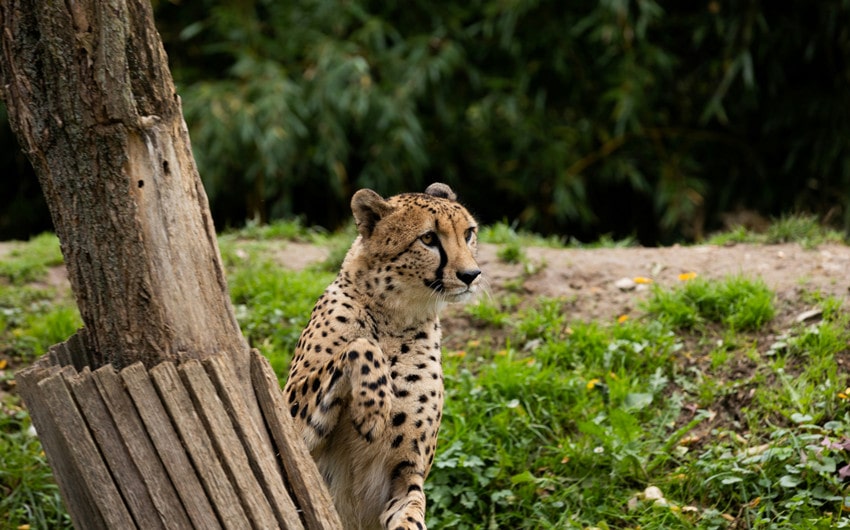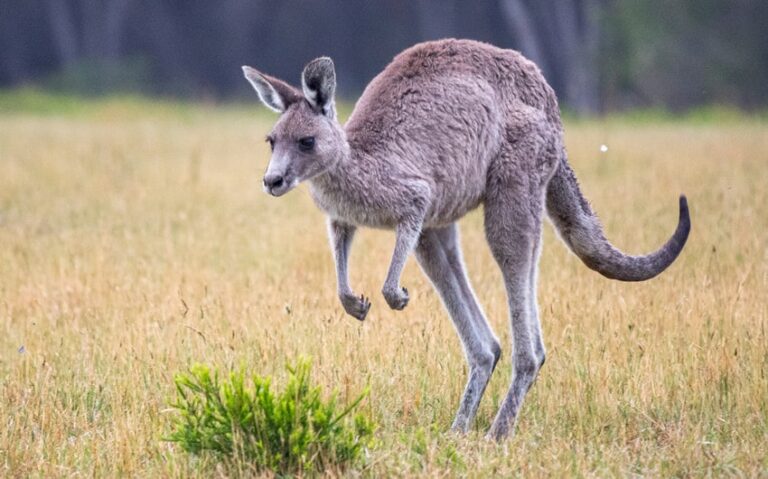Why Are Cheetahs So Friendly And Easy To Bond With Quickly?
Of all the animals you might think of as fierce and untouchable, cheetahs might surprise you. These graceful, lightning-fast cats have a softer side that often makes people wonder why. It’s a natural question to ask: why are cheetahs so friendly compared to other wild predators? Whether you’ve seen videos of cheetahs purring next to their keepers or read about their close bonds with companion dogs, their behavior feels almost relatable.
In this article, we’ll dive into the fascinating reasons behind their gentle nature — and what it means for anyone lucky enough to encounter one.
Natural Behavior and Temperament of Cheetahs
Cheetahs are unique among the big cats when it comes to their natural behavior. Unlike lions, who form dominant prides, or leopards, who fiercely defend their territories, cheetahs are more solitary and peaceful by nature. Their evolution shaped them to prioritize speed and stealth over brute strength or aggression, and that has a major impact on their overall temperament.
Rather than fighting for dominance, cheetahs prefer to avoid conflict whenever possible. This non-confrontational approach means they are less likely to display hostile or threatening behavior toward others, including humans. Even when encountering other cheetahs, interactions are usually brief and nonviolent unless mating is involved. This inherent shyness and mildness make them seem much more approachable compared to other wild predators.
Interestingly, young male cheetahs often form what are known as “coalitions” — small, stable groups of brothers or unrelated males who cooperate to survive. This ability to form social bonds without constant competition shows a natural inclination toward companionship rather than conflict. Their social flexibility, even in the wild, creates a foundation for the friendly behaviors that have charmed humans for centuries.
The Role of Domestication and Human Interaction
Throughout history, cheetahs have had a closer relationship with humans than most wild animals. Ancient civilizations, particularly in Egypt, Persia, and India, admired cheetahs for their beauty, agility, and gentle behavior. Royals and aristocrats often kept cheetahs as exotic companions, training them for hunting expeditions. Historical records show that these cats were not fully domesticated like dogs or cats, but they were tame enough to live alongside humans with relatively little fear or aggression.
Unlike other big cats, cheetahs adapted surprisingly well to human presence. They could be trained to sit calmly, ride in chariots, and even participate in ceremonial events. This long-standing relationship with people reinforced the cheetah’s naturally mild demeanor, building a legacy that continues to this day.
Modern cheetah conservation efforts have also involved significant human interaction. From bottle-feeding abandoned cubs to working with ambassador cheetahs in educational programs, humans have played an ongoing role in shaping the way cheetahs respond to people. It’s important to note that while cheetahs may grow comfortable around humans, they remain wild animals at heart. Their friendliness is not the result of full domestication but rather a blend of natural temperament and centuries of selective human engagement.
Why Cheetahs Are Not Aggressively Territorial
One key reason cheetahs appear so friendly lies in their lack of aggressive territorial behavior. In the animal kingdom, territory disputes often lead to displays of dominance, violence, and intimidation. However, cheetahs manage territory in a much more relaxed way compared to lions, tigers, or leopards.
Female cheetahs, in particular, are largely nomadic. They roam vast areas and are more focused on finding safe places to raise their cubs than on defending specific plots of land. Males do establish territories, but even then, the battles for territory tend to be less brutal than those among other big cats. Male coalitions will mark and patrol their areas, but they generally avoid fights unless absolutely necessary.
This less rigid approach to territory reduces the need for aggressive behaviors that often characterize other predators. Cheetahs are built for speed, not confrontation. Their entire evolutionary design is about outrunning threats rather than overpowering them. Because of this, they tend to de-escalate conflicts rather than escalate them, which translates into a personality that feels much gentler when humans interact with them.
Additionally, cheetahs’ reliance on open spaces for hunting prey — rather than thick, defensive jungle terrain — encourages a more tolerant attitude. In the wild, they need wide, shared landscapes, making territorial rigidity impractical. Their adaptability and tolerance in their environment are key pieces of why their demeanor is interpreted as “friendly” by humans.
Emotional and Social Needs of Cheetahs
Despite their reputation as solitary hunters, cheetahs have deep emotional and social needs. Young cheetahs stay with their mothers for up to two years, during which they learn critical survival skills and form strong attachments. This period of prolonged dependence highlights their capacity for bonding and emotional connection.
In captivity and conservation centers, these emotional needs become even more visible. Cheetahs often seek companionship — not just from other cheetahs, but also from trusted human caregivers and, remarkably, from domestic dogs. Many wildlife organizations pair young cheetahs with specially trained dogs to help reduce stress and anxiety. These unlikely friendships demonstrate the cheetah’s openness to forming strong social ties, even across species boundaries.
This emotional sensitivity contributes heavily to their perceived friendliness. A cheetah that bonds with a human or a companion animal shows clear signs of affection, trust, and playfulness. However, it’s not because they are tame in the way a pet dog is; it’s because they have a natural need for companionship, safety, and emotional stability.
Their strong reliance on social learning also plays a part. Young cheetahs learn by observing and mimicking behaviors, including calm responses to human presence if they have been raised in environments where humans are seen as non-threatening. Their emotional depth, while often overlooked, is a vital piece of the puzzle when trying to understand their behavior.
Common Misconceptions About Cheetah Friendliness
Although cheetahs appear friendly, it’s important to separate perception from reality. One of the biggest misconceptions is that cheetahs are safe to approach or interact with freely because they seem docile. This belief can lead to dangerous situations for both people and animals.
Cheetahs are still wild predators with natural instincts for self-preservation. Their friendliness does not mean they are domesticated or that they won’t react defensively if they feel threatened. Even the calmest cheetah has the ability to deliver serious harm if startled, frightened, or provoked. Thinking of them as “pets” is a dangerous oversimplification of their true nature.
Another common myth is that all cheetahs are equally friendly. In reality, an individual cheetah’s behavior can vary greatly depending on its personality, upbringing, and current environment. Some cheetahs, especially those raised in wild settings without close human interaction, can be skittish or aggressive toward people.
Additionally, the presence of ambassador cheetahs — those carefully raised to interact with humans in controlled environments — sometimes gives the false impression that cheetahs in the wild will behave the same way. Ambassador cheetahs are specifically selected and socialized for their temperament and are not representative of the entire species.
Understanding these misconceptions helps promote respectful, informed interactions with cheetahs and supports responsible conservation efforts that protect their well-being.
How Conservation Centers Support Their Friendly Image
Conservation centers play a major role in promoting the positive, friendly image of cheetahs — and for good reason. Through careful management, education, and advocacy, these centers highlight the cheetah’s gentler side while also working hard to secure the species’ future.
Programs often focus on raising awareness about the challenges cheetahs face in the wild, such as habitat loss, human-wildlife conflict, and dwindling prey populations. By introducing the public to ambassador cheetahs in safe, educational settings, conservationists build empathy and support for these vulnerable animals.
Ambassador cheetahs serve as living examples of the species’ calm and affectionate demeanor when treated with respect and care. Watching a cheetah sit calmly next to a handler, purring or playing, gives people a powerful emotional connection to the animal — something statistics and photographs alone cannot achieve.
Conservation centers also promote best practices for human-wildlife coexistence. By emphasizing that cheetahs can be non-aggressive when not threatened, they help change outdated narratives that lump all big cats into the same dangerous category. This shift in public perception can have real-world benefits, reducing unnecessary killings of cheetahs by farmers and encouraging greater investment in habitat protection.
Behind the scenes, conservation centers provide vital veterinary care, enrichment activities, and companionship opportunities to ensure cheetahs live healthy, enriched lives in captivity. Pairing cheetahs with emotional support dogs, providing large open spaces, and maintaining positive human relationships all showcase the natural tendencies that make cheetahs seem so remarkably friendly.
Through a mix of education, advocacy, and compassionate care, conservation centers amplify the unique traits of cheetahs — helping to protect them while revealing just how special their friendly reputation truly is.
